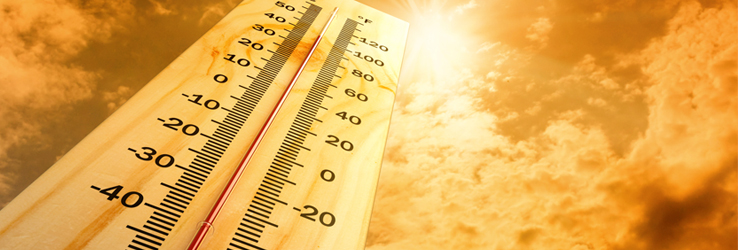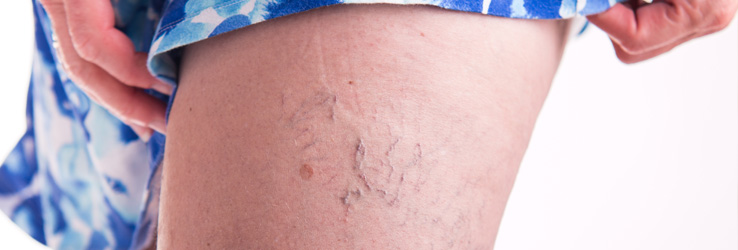Department of Health advisory on heat stroke
Health advisory on heat stroke When undergoing a heat stroke, the body overheats and can’t cool down by sweating...
Fight the Flu
Who says you have to succumb to the flu every season? Your immunity may have taken a beating from...
What Are Spider Veins?
What are spider veins? Veins are blood vessels which transport blood lacking in oxygen from the body back to...




